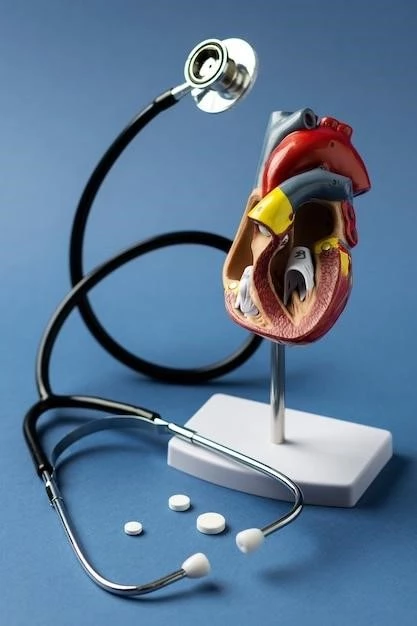Introduction to Pfeiffer Cardiocranial Syndrome
The Pfeiffer cardiocranial syndrome is a rare genetic disorder characterized by cranial abnormalities and developmental anomalies. It involves the premature fusion of certain skull bones‚ leading to distinct facial features and limb abnormalities. This syndrome is caused by mutations in specific genes related to fibroblast growth factor receptors.
Definition and Overview
Pfeiffer cardiocranial syndrome is a rare genetic disorder characterized by cranial abnormalities resulting from the premature fusion of specific skull bones. These anomalies lead to distinctive facial features‚ limb abnormalities‚ and potential heart defects. The condition is linked to mutations in genes related to fibroblast growth factor receptors.

Causes and Genetic Basis of Pfeiffer Cardiocranial Syndrome
This syndrome is caused by mutations in genes related to fibroblast growth factor receptors‚ leading to cranial abnormalities and developmental anomalies.
Inheritance Patterns and Genetic Mutations
Pfeiffer-type cardiocranial syndrome is associated with specific genetic mutations affecting fibroblast growth factor receptors. Inheritance patterns suggest a potential autosomal recessive mode of transmission‚ with reported cases showing unique rearrangements resulting in distinct genetic anomalies.
Clinical Features and Symptoms of Pfeiffer Cardiocranial Syndrome
Pfeiffer Cardiocranial Syndrome is characterized by distinct facial features‚ limb abnormalities‚ and potential heart defects due to cranial abnormality.
Cranial Abnormalities and Developmental Anomalies
The Pfeiffer cardiocranial syndrome is characterized by abnormal skull bone fusion‚ affecting facial features‚ limb development‚ and potential heart issues due to early bone maturation.
Diagnosis and Management of Pfeiffer Cardiocranial Syndrome
Diagnosis involves genetic testing for mutations in fibroblast growth factor receptors. Management may include cranial surgery and supportive therapies.
Diagnostic Tools and Approaches
The diagnosis of Pfeiffer cardiocranial syndrome typically involves genetic testing to identify mutations in fibroblast growth factor receptor genes. Additionally‚ imaging studies like CT scans may be used to evaluate cranial abnormalities and aid in the diagnostic process.

Treatment Options and Prognosis for Pfeiffer Cardiocranial Syndrome
Treatment may involve cranial surgery to correct anomalies. The long-term outlook depends on the severity of symptoms and individual response to therapy.
Therapeutic Interventions and Long-Term Outlook
Therapeutic approaches for Pfeiffer cardiocranial syndrome may include cranial surgery to address skull abnormalities. The long-term prognosis varies based on the severity of symptoms and the individual’s response to treatment.
Research and Future Directions in Understanding Pfeiffer Cardiocranial Syndrome
The Pfeiffer-type cardiocranial syndrome has been recognized through specific genetic mutations‚ paving the way for further research into its etiology and potential treatments.
Advances in Medical Research and Potential Breakthroughs
An insightful case study revealed a unique genetic alteration in Pfeiffer-type cardiocranial syndrome‚ emphasizing the importance of understanding specific genetic rearrangements for potential breakthroughs in treatment and management strategies for this rare condition.
